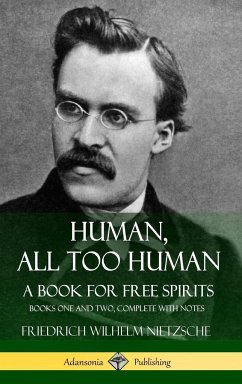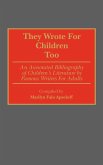Human, All Too Human is the first book by Friedrich Nietzsche to use the aphoristic style that would become emblematic of his most famous philosophy. This compact and inexpensive print edition ensures that you can absorb and appreciate these philosophical insights at little expense. His style, combining Nietzsche's vehement brand of argument with keynote nihilistic energy, is evident. Quickfire, furious nature of the points made in some respects foreshadow later works in which these qualities are enhanced still further. For the clinical yet perceptive style present in this early work, Nietzsche's adherents compare Human, All Too Human to the earliest works of psychology. Throughout the text, Nietzsche examines human traits and behaviours in a series of short passages, presenting a number of posits and philosophic arguments in each. The shortest of these are only a single paragraph, while the longest run for several.
Hinweis: Dieser Artikel kann nur an eine deutsche Lieferadresse ausgeliefert werden.
Hinweis: Dieser Artikel kann nur an eine deutsche Lieferadresse ausgeliefert werden.








